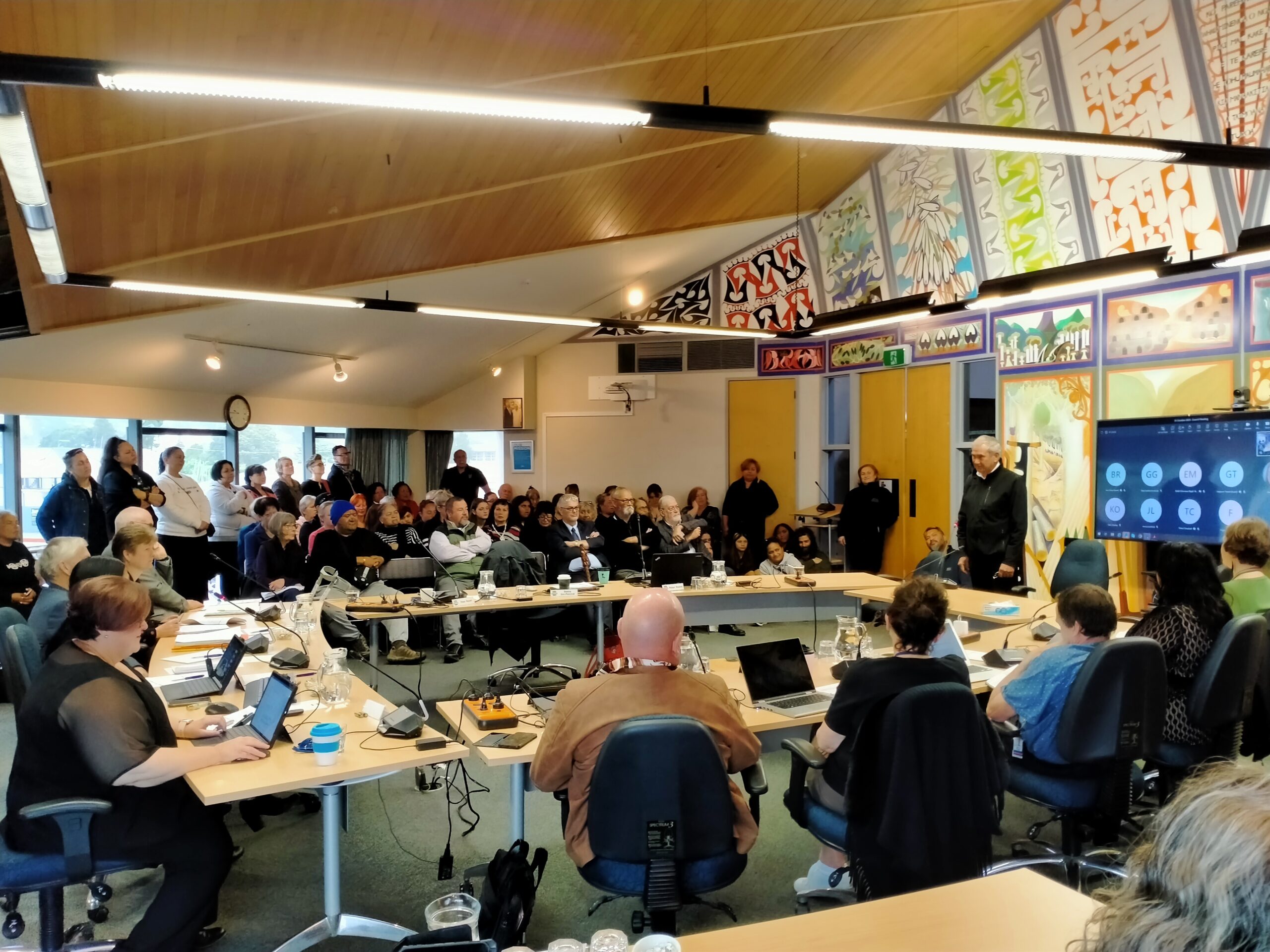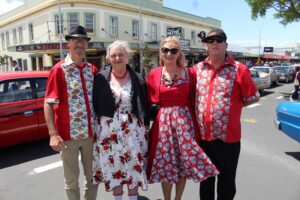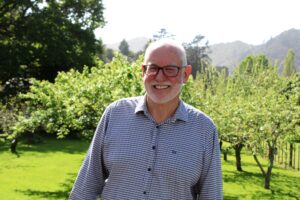Councillors have commended the “phenomenal passion and clarity” from iwi members who attended the Thames-Coromandel District Council meeting in which Māori wards were voted in for the first time in its history.
Even Thames ward councillor Martin Rodley was rendered emotional; his voice quavered as he spoke of the “joyful” milestone.
In all, each elected member agreed to allow voters on the Māori role to vote for a representative to council in the upcoming triennial elections.
Mayor Len Salt said he was proud.
In council’s report on the matter, elected members’ visited a marae at Manaia, informing the local attendees from various Hauraki iwi that council was undertaking an engagement with iwi on Māori wards.
In general, the report said feedback ranged from support to concern about the details of how it would work, to a view that it should be delayed.
However, at council’s October 31 meeting, iwi members spoke during public forum, and passionately called on elected members to honour the Māori “cultural currency and intellect”, and to set an example for other big councils, such as Auckland, which last month voted to not introduce Māori wards to its table.
John Linstead, of Ngāti Hako, encouraged TCDC councillors to “take the step” and “boldly go” where some councils – such as Hauraki District – have recently gone to establish Māori wards.
“Embrace us – we are not going away,” he said. “You can either work with us, or we’re always going to be banging at the door.”
Before the vote, chief executive Aileen Lawrie said it was a “privilege” to have mana whenua in the council chambers and that it was the most full chamber she had seen in her 12 months in the job.
Because of their strong turn-out and support, she requested an amendment to the council report, to revise the statement that said iwi views were that Māori wards should be delayed.
“In the last three weeks and today we’ve heard a loud, clear message, and my advice to councillors is we’ve heard a strong view today and that’s come from our entire district in terms of the Māori part of our community,” she said.
The establishment of one Māori ward means those electors on the Māori electoral roll
will only be able to vote for one councillor – plus the mayor and community board members –
while those electors on the general electoral roll would only be able to vote for the councillor(s)
from the respective general ward – plus the mayor and community board members.
It looks as if Thames-Coromandel District Council will have one Māori ward councillor, and eight district ward councillors, but this could change in an upcoming representation review.
“I have no doubt Māori will represent us well,” Cr Gary Gotlieb said. “This is an opportunity to acknowledge them as a very important part of our community.”
BY KELLEY TANTAU





